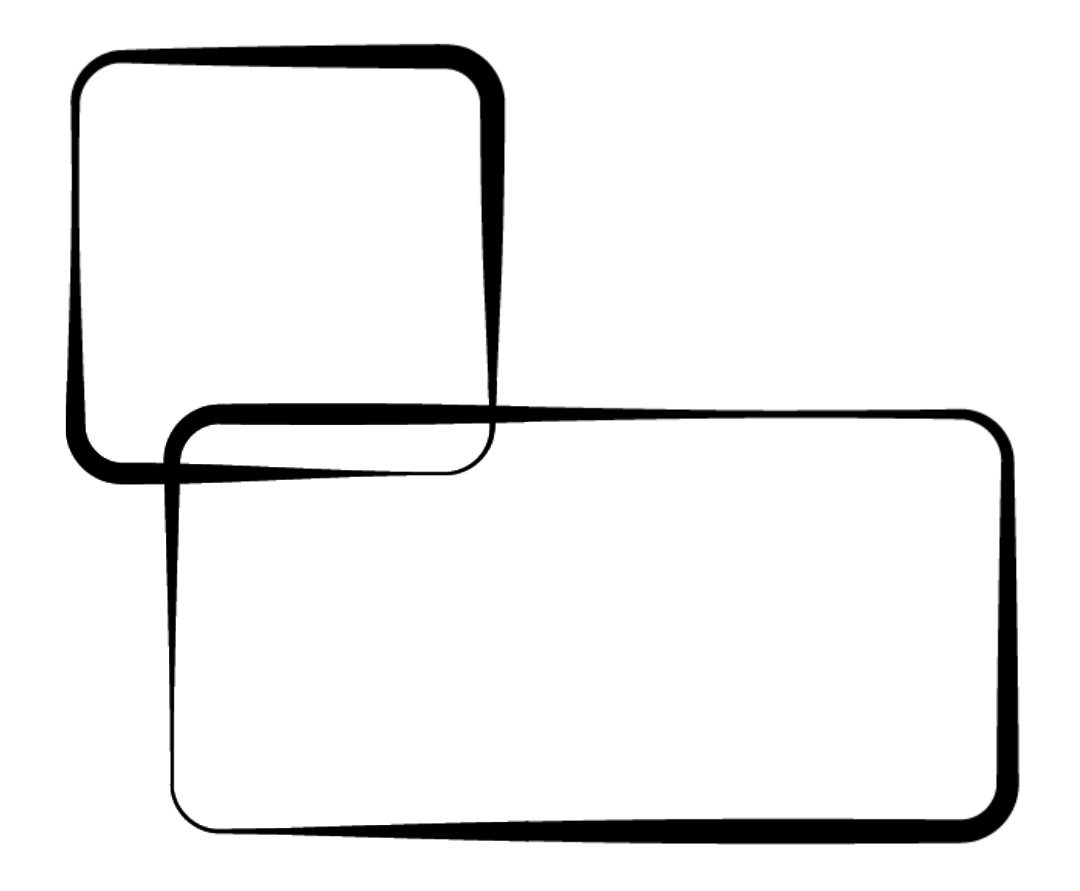By Jenn Burke

Back in the day when cars guzzled gas and the only thing recycled was newspaper, there was one company with a different mindset. Throughout its 75-year history, Daltile has embraced sustainability as a guiding principle. In its production of tile and home finishes, every decision on material, glazes, manufacturing, technology, and shipping is filtered through the larger mission of keeping the world safe for generations to come.
teamMADE sat down with Christina Smith, Commercial Architectural Representative, and Russell Grant, Branch Manager at the new Daltile showroom in Anaheim, to ask how the company uses sustainability in everyday decisions and how that commitment fuels innovation.
“When it comes down to it, tile is burnt dirt,” Christina says, plainly noting their product comes directly from the earth. As a result they look for ways to protect and replenish natural resources wherever they can. Daltile is committed to no VOCs, no plastics, no PVC, no formaldehyde and no allergens. “With all the new glazes or new technologies that have come through, we’ve always gone towards green is better.”
Recycling is second nature to Daltile. There is a great opportunity to recycle the raw material in the manufacturing process because any broken pieces, which are basically dirt and water, are thrown back into the grinder to be reformed, producing no waste. With the exception of a small amount of queried material, 99% of the collection is made from recycled or reclaimed materials.
The other major component in manufacturing tile is water. It is used as a raw material as well as a tool for cutting the giant 10’x5’ slabs via high pressure water jets. For example, the smooth edge of a kitchen countertop and many of the large format tiles are cut down in this way. Daltile has invented a closed loop system for water usage, which can recover and reuse 84% of its water waste.
Sustainability also fuels innovation at Daltile where the advancement in ink jet printing has the ability to preserve natural resources. Porcelain and ceramic can be printed from edge to edge with a high definition seamless design replicating the look of wood, stone, or even metal. And yes, they can create custom logo designs too, as they have done for the NFL.
“No more mining products from the earth, no more slabs of marble or granite, or quartz.” says Christina, “ We want to go with recycled product like porcelain or ceramic. We don’t want to take, we want to use as much recycled content as possible.”
While 60% of the customers come to Daltile for their high quality products, service and warranty, the other 40% are coming for the sustainable reputation. This number may increase as more and more design students are making sustainable criteria a part of their decision making.
“And some homeowners are just looking for that ‘USA MADE’,” says Russell, “The younger generation is asking about it more than anybody.” Sourcing locally made products are better for the environment, because it reduces emissions and the cost of shipping. Daltile’s 22 distribution centers across the US never ship a truck without a full load.
Daltile has been able to reduce its carbon footprint over the years by 17%, which is significant given they own the largest manufacturing plants in the US. The plant in Tennessee produces 2.6 billion square feet of tile a year.
Want to know how environmentally friendly that bathroom tile you picked out is? The LEED Center on Dal Tile’s website will give you all the specifications. LEED, Leadership in Energy and Environmental Design, is an organization that assigns scores for a number of metrics based on material, manufacturing, and sourcing. The scores evaluate how green a building is. LEED certification has become one of the global gold standards in sustainable building .Daltile makes it easier for builders and architects to make decisions with all the information in one place.
When asked what sustainability means to them personally, Christina and Russell carry on the sentiment begun 75 years ago by Daltiles’s founders – wanting to leave the world a better place for future generations. Thinking about their own children and grandchildren, sustainability simply means “love.”
“No more mining products from the earth, no more slabs of marble or granite, or quartz.” says Christina, “ We want to go with recycled product like porcelain or ceramic. We don’t want to take, we want to use as much recycled content as possible.”
-Christina Smith, Daltile





Instagram post featuring Daltile’s beautiful showroom in Anaheim.
